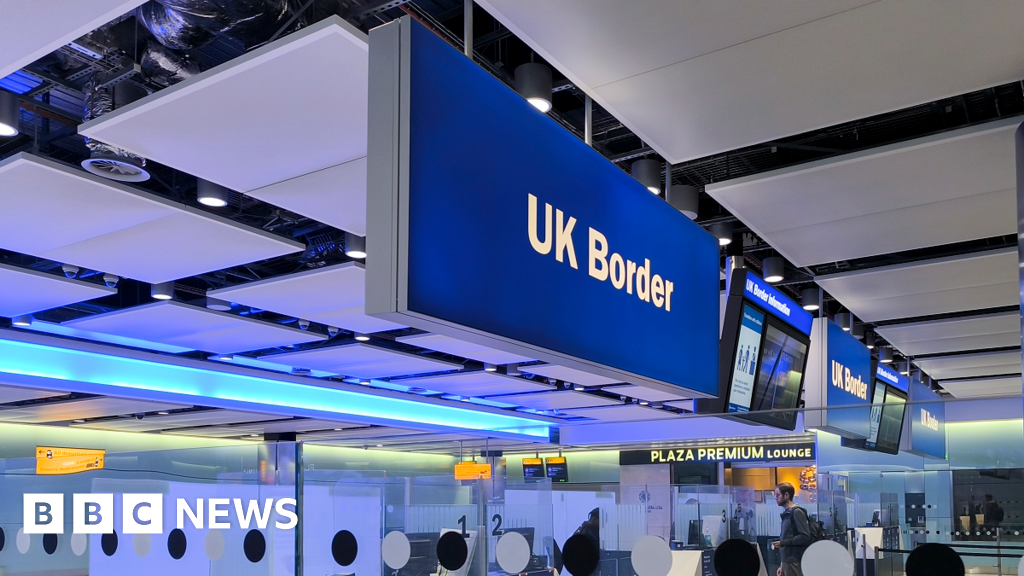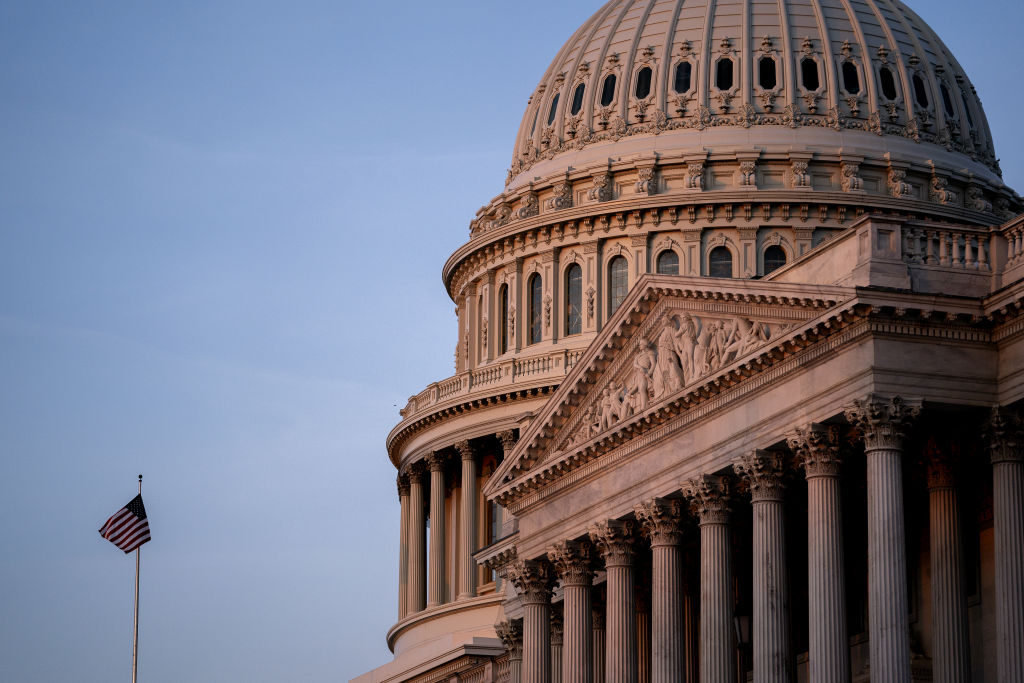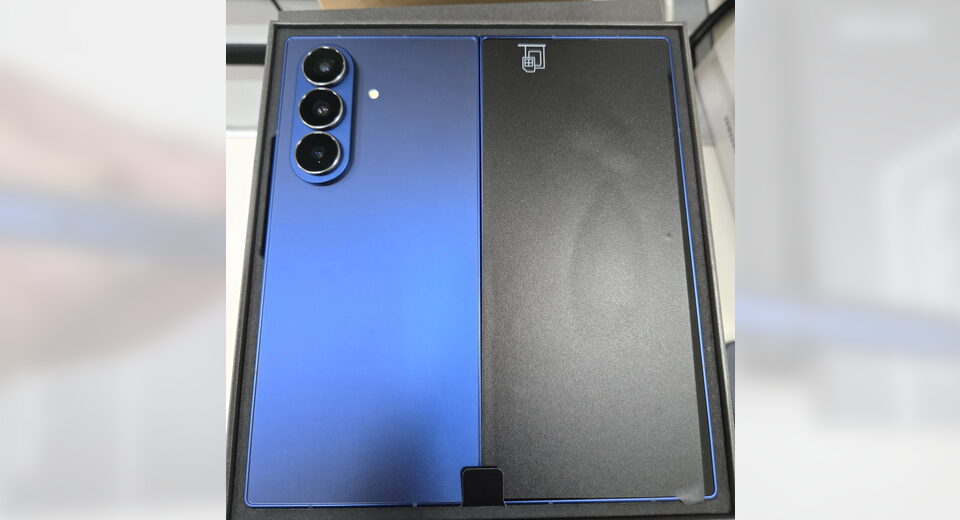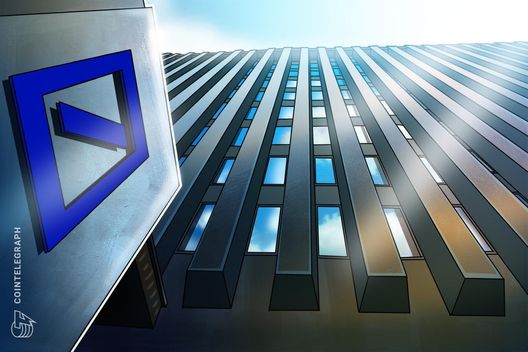Supreme Court Lets Trump Deport Eight Migrants to South Sudan


The Supreme Court on Thursday allowed the government to deport eight men who have spent more than a month held under guard on an American military base on Djibouti to South Sudan, granting a request from the Trump administration.
An administration official said it would promptly send the men, who hail from countries around the world, to the war-torn nation. Neither the United States nor South Sudan has said what will happen to the men on their arrival.
This was the second time the court has ruled in the case. Last month, in a broader ruling that was unsigned and offered no reasoning, the court paused a trial judge’s order that had barred the administration from deporting migrants to countries other than their own unless they had a chance to argue that they would face torture.
Lawyers for the eight men rushed back to the trial judge, who blocked their removal again. The administration then asked the justices to clarify that last month’s order properly applied to the men, too.
Thursday’s Supreme Court order, which was unsigned but included two pages of reasoning, said that it did.
In dissent, Justice Sonia Sotomayor, joined by Justice Ketanji Brown Jackson, said the ruling could have grave consequences.
“What the government wants to do, concretely,” Justice Sotomayor wrote, “is send the eight noncitizens it illegally removed from the United States from Djibouti to South Sudan, where they will be turned over to the local authorities without regard for the likelihood that they will face torture or death.”
In May, the government loaded eight men onto a plane said to be headed to South Sudan, a violence-plagued African country where only one held citizenship.
After Judge Brian E. Murphy of the U.S. District Court in Boston intervened, their flight landed instead in the East African nation of Djibouti.
The men, who have all been convicted of serious crimes in the United States, have been detained at Camp Lemonnier, a military base, ever since. They spend almost all their time inside a modular, air-conditioned container that the military usually uses as a conference room, according to court filings. Under constant guard, they wear shackles around their ankles, except when showering, using the bathroom or meeting remotely with their lawyers, a member of their legal team has said.
Before coming to the United States, they hailed from Vietnam, South Korea, Mexico, Laos, Cuba and Myanmar. Just one is from South Sudan.
Tricia McLaughlin, a spokeswoman for the Department of Homeland Security, welcomed Thursday’s ruling.
“These sickos will be in South Sudan by Independence Day,” she said.
Trina Realmuto, a lawyer for the migrants, said the ruling comes “at the expense of the lives of eight men who are now subject to immediate removal to a war-torn country to which they have no ties.”
In a court filing last month, the administration said it had received “credible diplomatic assurances” from the government of South Sudan that the men would not be tortured. But Ms. Realmuto said she had no direct knowledge of those assurances and did not know what the South Sudanese government in Juba intended to do with the men after they landed.
In a filing by the migrants’ lawyers, an expert on South Sudan said it was likely that the men would by detained by the country’s security forces and then experience “torture, or conditions that amount to torture,” at their hands.
The court’s first involvement with the case came last month, when the justices first paused Judge Murphy’s ruling that all migrants whom the government seeks to deport to countries other than their own must first be given a chance to show that they would face risk of torture.
Within hours, lawyers for the eight men returned to Judge Murphy, asking him to continue blocking the deportations of the group.
Judge Murphy, who was appointed by President Joseph R. Biden Jr., denied the motion as unnecessary. He said he had issued a separate ruling last month, different from the one the Supreme Court had paused, protecting the men in Djibouti from immediate removal.
He added that Justice Sotomayor had made the same point in her dissent from the ruling, which Justices Kagan and Jackson joined. “The district court’s remedial orders are not properly before this court because the government has not appealed them,” she wrote.
In Thursday’s ruling, the majority rejected that distinction, paused both sets of rulings and allowed the deportations to South Sudan.
Justice Kagan, who dissented previously, this time issued a concurring opinion. “I do not see how a district court can compel compliance with an order that this court has stayed,” she wrote.
Justice Sotomayor, in dissent, said the court’s new order continued to give Judge Murphy inadequate guidance.
“Today’s order not only excuses (once again) the government’s undisguised contempt for the judiciary; it also leaves the district court without any guidance about how this litigation should proceed,” she wrote.
“Today’s order,” she added, “clarifies only one thing: Other litigants must follow the rules, but the administration has the Supreme Court on speed dial.”
Thursday’s order was the latest in a series of rulings related to immigration decided by the justices in summary fashion on what critics call the court’s shadow docket.
Some early decisions insisted on due process — notice and an opportunity to be heard — for migrants before they are deported.
More recent orders lifted protections for hundreds of thousands of people who had been granted temporary protected status or humanitarian parole, allowing them to be deported. And the rulings concerning so-called third-country deportations to places other than migrants’ home nations appeared to give little weight to due process.
The court’s recent moves have been cheered by the Trump administration, which has been negotiating with countries around the world to get them to accept deportees to help speed its efforts to remove thousands of migrants. “Fire up the deportation planes,” a spokeswoman for the Department of Homeland Security said after the court’s ruling on third-country deportations last month.
Hamed Aleaziz contributed reporting.
What's Your Reaction?
 Like
0
Like
0
 Dislike
0
Dislike
0
 Love
0
Love
0
 Funny
0
Funny
0
 Angry
0
Angry
0
 Sad
0
Sad
0
 Wow
0
Wow
0










































